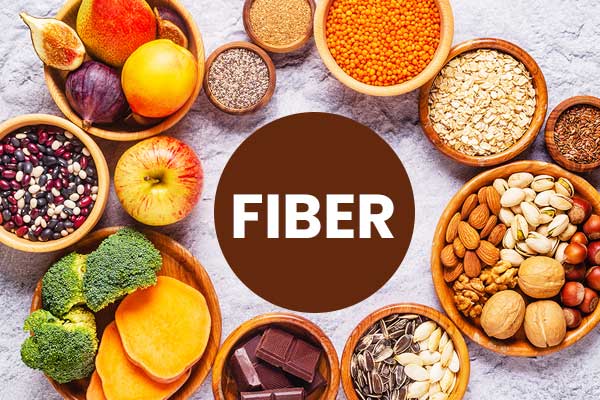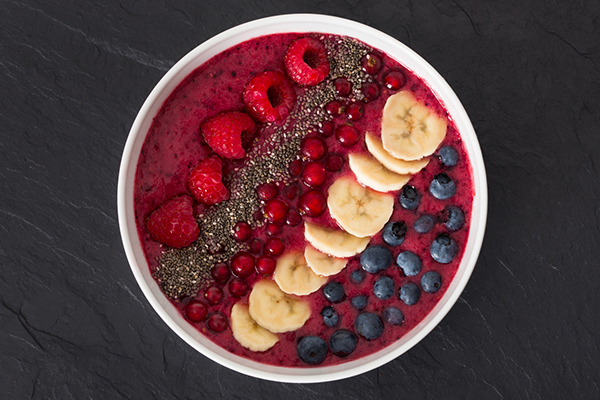Fiber is an essential nutrient that plays a crucial role in maintaining digestive health. It is a type of carbohydrate that cannot be digested by the body and passes through the digestive system almost intact. There are two types of fiber: soluble and insoluble. Soluble fiber dissolves in water and forms a gel-like substance, while insoluble fiber does not dissolve in water and passes through the digestive system unchanged.
Benefits of Fiber for Digestive Health

- Prevents Constipation: Fiber adds bulk to the stool, which helps it move through the digestive system more easily. This prevents constipation and promotes regular bowel movements.
- Reduces the Risk of Hemorrhoids: Hemorrhoids are caused by straining during bowel movements. Fiber softens the stool and reduces the need for straining, which in turn reduces the risk of hemorrhoids.
- Prevents Diverticular Disease: Diverticular disease is a condition where small pouches form in the colon. These pouches can become inflamed and cause pain. A diet rich in fiber can prevent diverticular disease by keeping the stool soft and preventing constipation.
- Reduces the Risk of Colon Cancer: Fiber promotes the growth of healthy bacteria in the colon, which helps to keep the colon healthy. This, in turn, reduces the risk of colon cancer.
Sources of Fiber
Fiber is found in plant-based foods such as fruits, vegetables, whole grains, nuts, and seeds. Some good sources of fiber include:
- Apples: A medium-sized apple contains about 4 grams of fiber.
- Bananas: A medium-sized banana contains about 3 grams of fiber.
- Broccoli: One cup of cooked broccoli contains about 5 grams of fiber.
- Quinoa: One cup of cooked quinoa contains about 5 grams of fiber.
- Almonds: One ounce of almonds contains about 3 grams of fiber.
- Chia Seeds: One ounce of chia seeds contains about 10 grams of fiber.
It is important to consume a variety of fiber-rich foods to ensure that you are getting enough of both soluble and insoluble fiber.
Tips for Increasing Fiber Intake

Here are some tips for increasing your fiber intake:
- Eat whole fruits instead of drinking fruit juice.
- Choose whole grains instead of refined grains.
- Add nuts and seeds to your meals and snacks.
- Eat legumes such as beans and lentils.
- Include vegetables in every meal.
It is important to increase your fiber intake gradually to avoid digestive discomfort such as bloating and gas.
Fiber is an essential nutrient that plays a crucial role in maintaining digestive health. It prevents constipation, reduces the risk of hemorrhoids and diverticular disease, and reduces the risk of colon cancer. It is important to consume a variety of fiber-rich foods and to increase your fiber intake gradually to avoid digestive discomfort.
By incorporating fiber-rich foods into your diet, you can improve your digestive health and reduce the risk of digestive problems.

